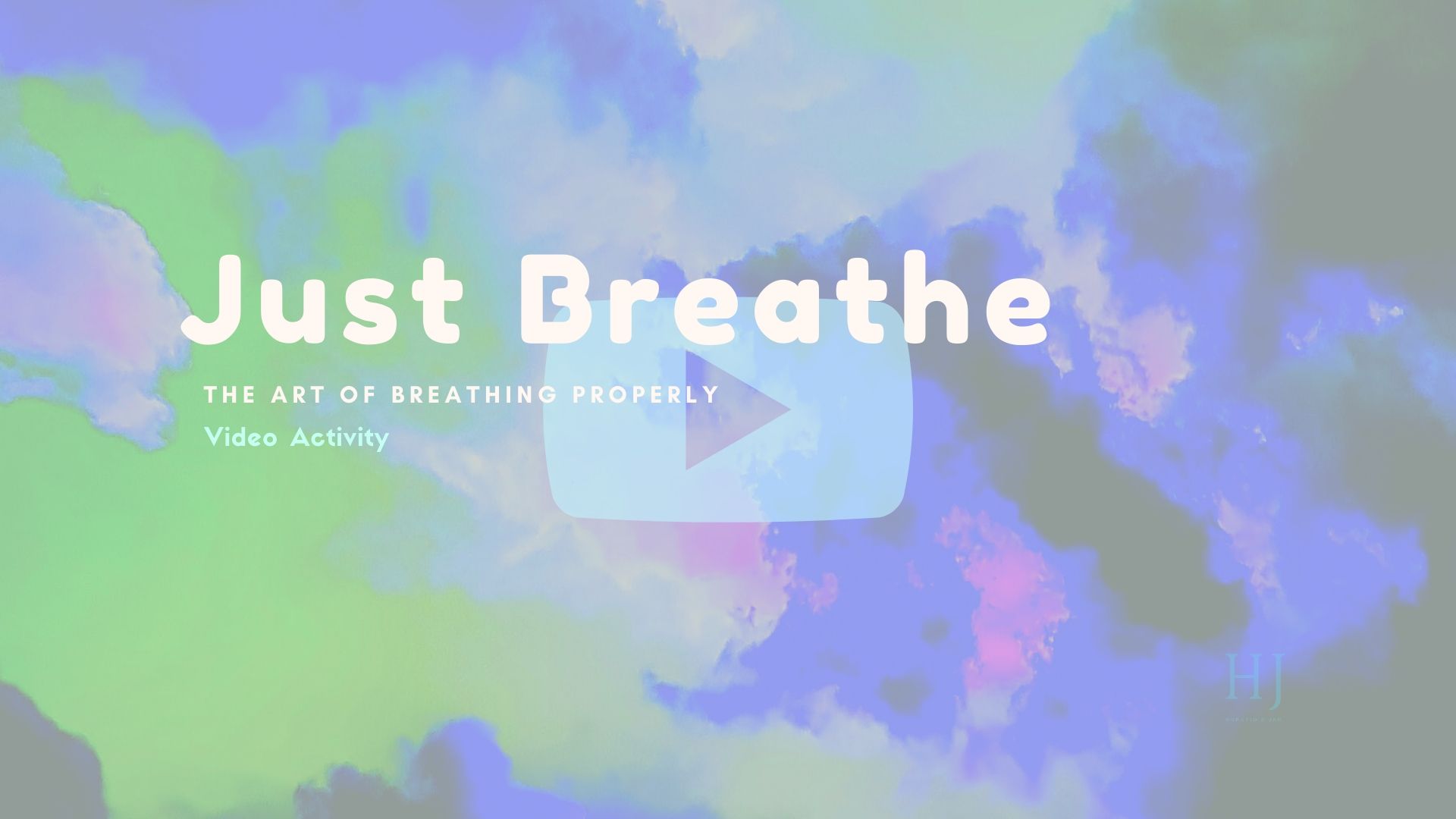Published by: Digital Schools
Just Breathe
The breath is a quiet observer to how you think and feel and how healthy you are in mind and body.
If you are a short, shallow breather, you might have symptoms of anxiety, high blood pressure, poor digestion, irritability and emotional instability.
If you breathe deeply and regularly, you should experience the luxurious and enriching experience of life as it is, in harmony.
Just like everything we consume – the breath can either be a medicine or a poison; depending on how you use it. If your breathing is short and restricted will increase acidity as well as activate your sympathetic nervous system – keeping you anxious and edgy all day.
Learning how to breathe correctly can enhance the quality of your life and improve your health and wellbeing by reducing your stress hormones, lowing your blood pressure and alkalising your gut.
Learn Deep Breathing Here :
The ability to connect and grow authentic relationships with our friends and family is essential for your health and wellbeing and learning deep breathing will help you do that.
Find out how and why here;
Guest Contributor: Emily Rack
Business Name: Horatio’s Jar
Publisher: Digital Schools
Emily Rack is a yoga teacher, meditation instructor, freelance writer and visual content creator. She incorporates a unique creative flair into her yoga and meditation classes, courses and workshops. Emily hosts events and courses in schools and the wider community & are passionate about teaching the art of mindfulness.
——-
PUBLISHER’S DISCLAIMER: The publisher of this blog post (Digital Schools PTY LTD) works in partnership with the school as a 3rd party provider to help build and maintain the school website. Digital Schools sources a range of experts who provide products and/or services to educational institutions and we work with them to produce and publish topical information in the form of blog posts that we think may be relevant, interesting or topical to families within the community. The views, opinions and content listed in this blog post are that of the guest contributor and/or publisher (Digital Schools). It should be noted that whilst the publisher and guest contributors are acting with the best intentions and in the best interests of the school and their community to provide helpful or interesting information, sometimes the content may not necessarily reflect the views of the school.
The information in this blog post is not meant to be used, nor should it be used, to diagnose or treat any medical condition. For diagnosis or treatment of any medical problem, consult your own physician. The school and the publisher of this blog post are not responsible for any person reading or following the information in this article who may experience adverse effects.
Any references to external websites or sources are provided for informational purposes only and do not constitute endorsement by the school or publisher in any way and the publisher and/or school cannot guarantee accuracy of information listed.
If you have feedback on any content on this platform, you can submit it to the publisher using the feedback link provided at the bottom of this page.


